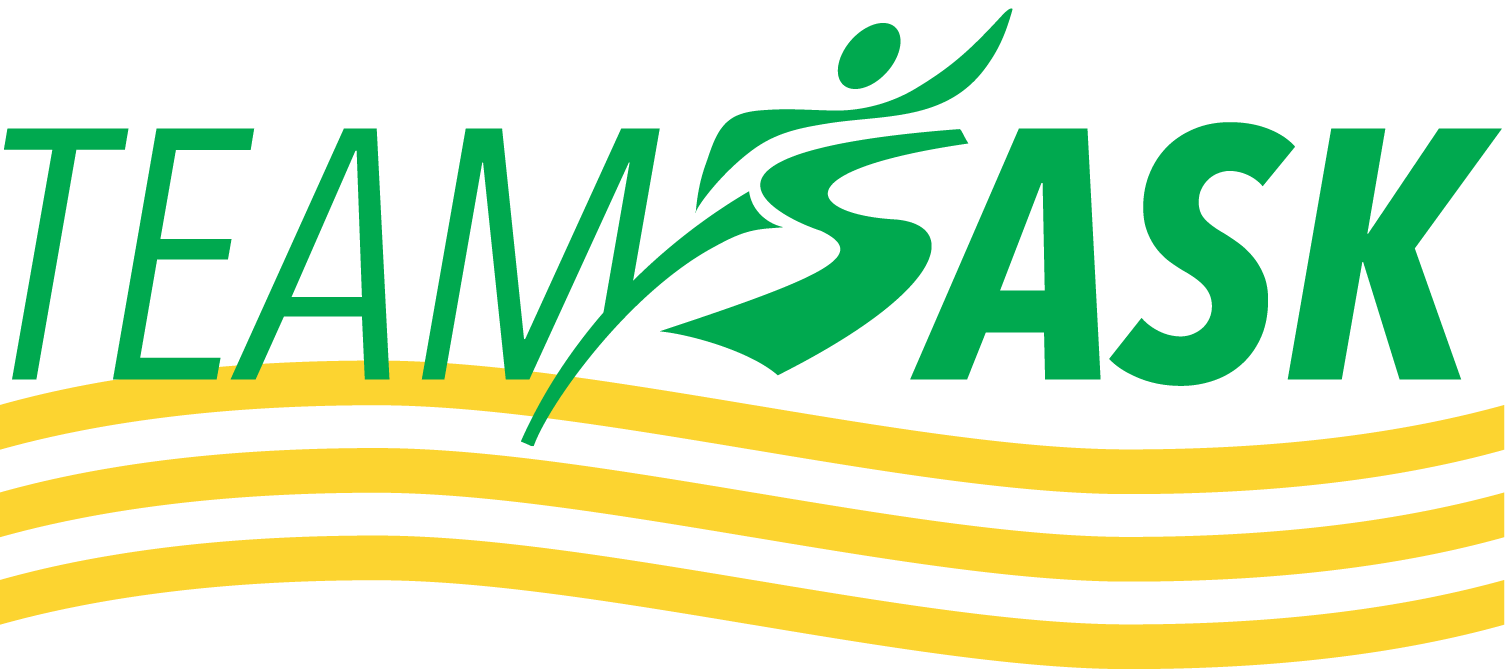Preparation is the key to success! You should aspire to be prepared mentally, physically, technically and tactically for competition so that you have the best experience possible!
Every athlete has an innate ‘mental skills toolbox’ with “tools” to help them perform their best in both training and competition. The best athletes learn what mental tool to use, when to use it, and how! Consider which are your best, and most powerful mental tools, and which tools you still need to enhance performance...
Here are 10 tips that will help you perform to your potential:
1. Motivation: Welcome good competition as a challenge rather than feel threatened by it. Let good competitors inspire you. Avoid “pre-ranking” yourself prior to competing, Set goals for yourself then create a plan that will get you highly motivated and fiercely determined to achieve them!
2. Confidence: Have confidence in yourself and your athletic ability when you feel the pressure of competition intensifying. Focus on your strengths and trust that you have prepared properly. Use positive self-talk and mental imagery to reinforce your abilities and solidify your confidence.
3. Communication: Maintain positive communication with teammates, coaches, and family. Your communication (verbal and non-verbal) affects and influences others, so be aware of what you are “saying” with your words, actions and body language. Surround yourself with people who support, encourage, inspire you to be the best you can be, then be that type of person for those around you!
4. Consistency: The more consistently you prepare, the more consistently you will perform! Demonstrate discipline by sticking to pre-performance and performance routines. Your routines will enable you to achieve and maintain your ideal performance state).
5. Arousal Control: Obtain and maintain your intensity and arousal at the optimal level - not too high, but not too low. Transform your pre-performance jitters from a panicky/ anxious state to an excited and ready state through the use of the appropriate relaxation or energizing techniques.
6. Attention Control: Maintain clear focus on your goals in the face of distractions. Focus on what is in your control and let go of concern for things that are out of your control. Refocus from mistakes and setbacks promptly, in order to stay on target. Refocus between good performances in order to maintain an appropriate state of readiness.
7. Emotional Control: Maturely and appropriately handle the emotions of performance – whether positive or negative, and demonstrate resilience by getting back to your optimal mental state and avoiding the drain of an emotional roller coaster.
8. Positive Self-Talk: Perform with positivity, purpose and passion. Remember that positive self-talk enables a strong blood (and subsequent oxygen) flow to your mind and body. Avoid fearful, doubtful or negative thoughts that can lead to unnecessary tension and compromise of oxygen supply where needed!
9. Be present in the moment: Be alert and ready. Avoid spending time and energy fast forwarding your performance to anticipate what the outcome might be, or rewinding and repeating what has already happened (good or bad).
10. Be prepared: Be disciplined, organized and aware in order to plan appropriately and accordingly for every day. This will enable you to best handle things that happen at the Games, in the village, back home, etc, without being negatively affected.
Author:
Brie Jedlic - Team Sask Mental Trainer


